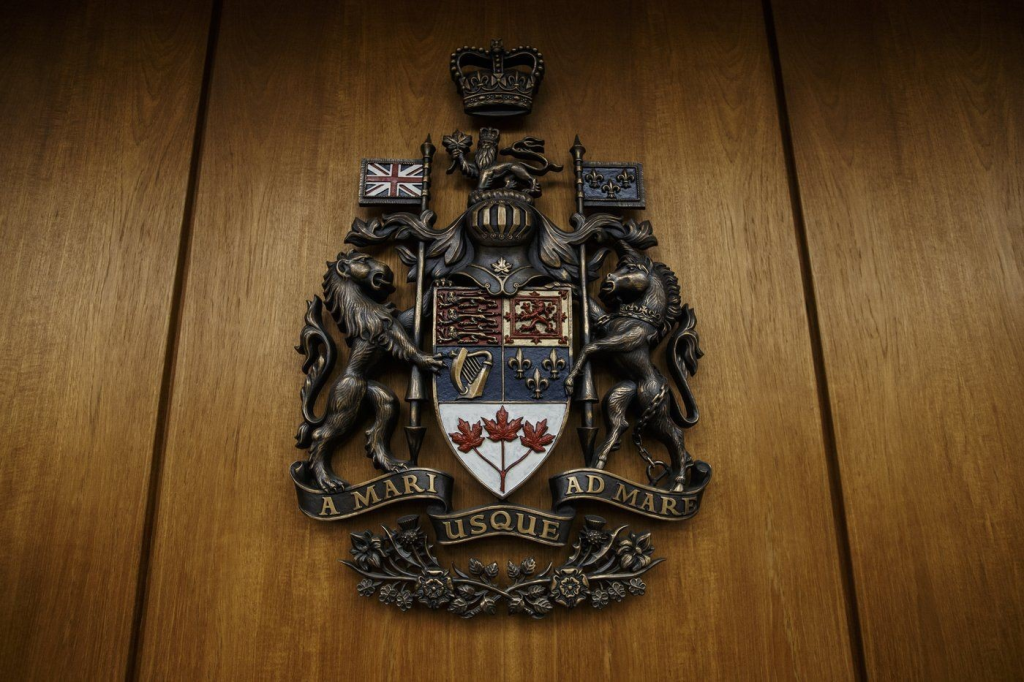Quality of life in Calgary down 14% since 2020: report

Posted Oct 3, 2024 7:42 am.
Last Updated Oct 3, 2024 7:32 pm.
Just holding it together — that’s the theme of the Calgary Foundation’s 2024 Quality of Life Report.
The annual survey touched base with 1,000 Calgarians from all walks of life on how they’re really doing, amid high cost of living, a tight housing market, and a population boom.
The number of Calgary residents who rate their quality of life as good or excellent has dropped by 14 per cent since 2020, according to the foundation. This is impacted by the inability of many to get a suitable job, the bleak prospect of retirement and home ownership, and financial stress inflated by factors like rent and grocery prices.
A positive quality of life rating is largely impacted by a person’s income, the report says; 74 per cent of those make $90,000 or more a year rate their quality of life as good or excellent, while just half of those who earn $30,000 to $90,000 annually say the same. Thirty per cent of Calgarians making $30,000 or less say they have an excellent or good quality of life.
More than a quarter of Calgarians are stressed about their housing situation, and the pressure is on for those renting in the city.
Eighty per cent of renters in Calgary faced a rent increase this year, and more than half of Calgarians working full time say they can’t find a suitable place to lay their head. More than three quarters of Calgarians renting say they had to make sacrifices in other areas in order to make their rental payments, an increase from 2023.
The prospects of young Calgarians leaving home are getting bleak, as many can’t afford to move out on their own. Nearly a quarter of Calgarians with an income of less than $120,000 say they are giving financial support to their adult children’s housing costs.
Even though 59 per cent of Calgarians own their home, they are still making sacrifices to do some. Among Calgary homeowners aged 25-34, 60 per cent say they’ve had to give things up in order to pay their mortgage.
One of those sacrifices is food, according to the report. More than a quarter of Calgarians say they can’t afford healthy food; 60 per cent serve smaller-than-normal portions, 46 per cent buy less fruits and vegetables, and 29 per cent worry about running out of food. At least 21 per cent of people say they used community-based food services like food banks.
The Calgary Foundation says it’s hardest for families with young kids; 39 per cent of parents say they’ve skipped meals to make sure their kids could eat.
Tightening pocketbooks mean Calgarians are giving less to charity than in previous years. In 2024, 67 per cent of people living in the city say they made a charitable donation, down significantly from 75 per cent last year and 92 per cent five years ago.
Monetary giving isn’t the only act of service declining in Calgary — people are also donating their time less and less. Less than half of Calgarians say they volunteered this year, down from 58 per cent in 2023 and 78 per cent in 2018.
Mental health among Calgarians is also slipping — 56 per cent of those surveyed rate their mental well-being as good or excellent, down slightly from 59 per cent in 2023. This is exacerbated by available supports and healthcare, according to the Calgary Foundation. Nearly 30 per cent of Calgarians say they don’t have timely access to mental health services and supports, 37 per cent don’t have access to addiction services and supports, and 32 per cent can’t find a family doctor.
Safety is top of mind for those living in the city — 67 per cent say they are worried about safety in Calgary, particularly domestic violence.
More than three quarters of Calgarians say they don’t feel safe walking alone downtown after dark.
Life in Calgary is even more challenging for members of racialized groups; 42 per cent of racialized Calgarians don’t have timely access to culturally appropriate health and well-being services and 40 per cent can’t find suitable employment.
Sixty per cent of members of a racialized group think racism is growing in the city, compared to 48 per cent of non-racialized Calgarians. Many racialized Calgarians experience discrimination — 87 per cent of those surveyed say they’ve been discriminated against based on religion, ethnicity, skin colour, culture, language, accent, gender, or sexual orientation at least some of the time.
Half of Calgarians are committed to anti-racism, diversity, equity, and inclusion.
Calgarians have found comfort in their communities — 93 per cent say they like the neighbourhood they live in and the same amount of Calgarians say they have access to parks and green space,
Despite troubles faced across all avenues by Calgarians, 81 per cent think think the city is a good place to live and 76 per cent have a strong or moderate sense of community.








